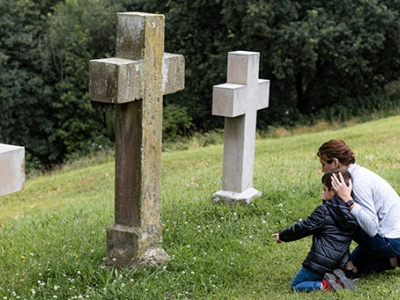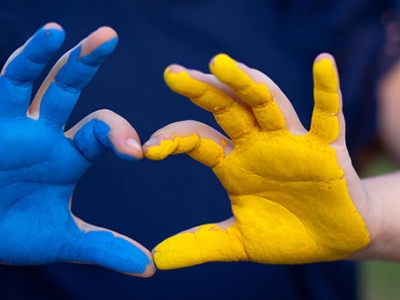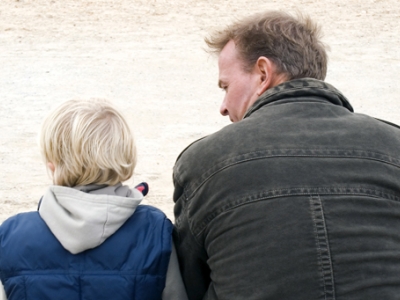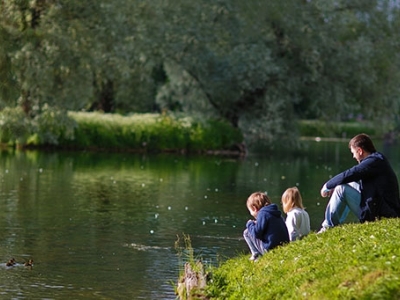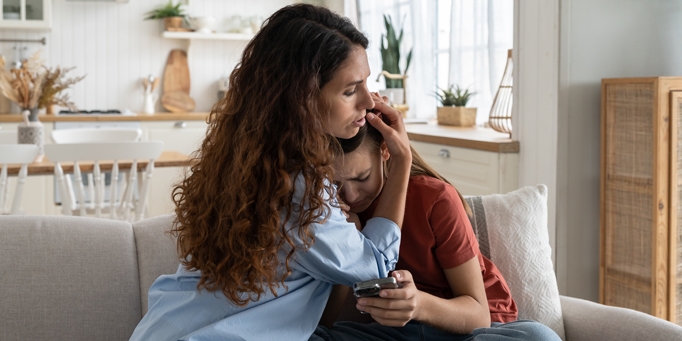
Talking with kids about horrific news
How conversations help kids cope.
In recent weeks there have been some particularly horrific events reported in the international and local news, including violent conflict, crime and natural disasters. Even more distressing is the fact that these events have caused unimaginable suffering for children and young people.
We may not deliberately expose our own children to the news, but somehow or other, they seem to pick up on the major events occurring in their world. This can cause our children to become upset and start worrying that those things may happen to them or the people they love. They can be especially affected if the adults around them become distressed or they see confronting images or if the news coverage extends over several days.
In general, it’s best to limit the amount of news our children are exposed to. Children under seven shouldn’t be exposed to horrific images and headlines. With older children, we can watch the news with them or watch a news program that’s designed for children, such as Behind the News.
Children feel secure if they know that they can talk to us at any time about anything. When a horrific event comes up in the news, we should prepare ourselves for these important conversations by finding out the basic facts and taking time to process our own response so that we can be calm for our children.
Make time
If your child raises the topic of events in the news, stop and give them your full attention. If they don’t initiate a conversation, it’s up to us to make time to talk with them. Ideally, this will be a time when both we and our children are feeling calm.
Here are some ideas to guide your conversations.
Ask
It’s good to ask what your children already know or have heard about the events in the news. As you listen to your children, it may become clear that they have an incomplete or misguided understanding of what is happening. And what they imagine is happening may be far worse than the reality. If this is the case, we can take the opportunity to correct our children’s misconceptions.
Inform
It’s best to tell our children what is happening in simple, age-appropriate terms, rather than ignore the issue. We should take care to tell our children only what they need to know, avoiding any graphic details. If our children have questions, it’s important to answer them or, if we don’t know the answer, commit to finding out.
Most horrific events do not happen at random—they usually occur within a broader historical, geographical or relational context. So it’s helpful to try to explain the context to our children as best as we can. This helps to minimise their fear that the same thing might suddenly happen to them.
Reassure
When our children express how they are feeling, we can reassure them that their response is normal. We can give them space to talk about how their emotions are affecting their mind and body. We can tell them how we are feeling about the events and also explain what we are doing to manage those emotions. This is a good opportunity to model how to process sadness, fear, worry, despair etc.
It’s important to reassure our children that we are doing everything we can to keep ourselves and them safe. We can explain that what has happened is unlikely to happen to us; events make it to the news headline precisely because they don’t happen every day.
As Christians, we can also offer an eternal, hope-filled perspective:
• God is still in charge of his world (Mattthew 10:29–31).
• God can bring good out of tragedy (Romans 8:28).
• God’s people (and other helpers) are usually on the scene, trying to help those affected.
• Thanks to Jesus, we are eternally safe no matter what happens to us (1 Peter 1:3–5).
• One day, God will make everything right and fair; he will comfort those who mourn (Revelation 21:3–4).
Act
Finally, we can invite our children to do something with us about our feelings and about the tragedy itself. We can invite them to go for a walk, read a story, have a cuddle, sing along to some music or whatever else may help us feel better.
We can also find out how we could practically help those affected by the conflict or disaster, perhaps by raising money to donate to a relevant charity. We can turn our distress into positive energy for making a difference.
As Christians, acting also includes praying with our children—both for those affected by the events and for ourselves as we manage our response.
Unfortunately, we can’t protect our children from distressing news. But we can help them to work through their responses and find a hopeful and positive perspective. And we can make sure our kids know that we are there to talk things through whenever they need us.
Further reading:
Royal Children's Hospital fact sheet: 'Discussing distressing news events with children'
Raising Children, 'Disaster news and distressing news events: supporting children 2–5 years'
Raising Children, 'Disaster news and distressing news events: supporting children 6–11 years'
Common Sense Media, 'Explaining the news to our kids'
Kids' Health, 'How to talk to your child about the news'
American Psychological Association, 'How to talk to children about difficult news'
---
Harriet Connor is the Content Editor for Growing Faith and the author of Families in God's Plan: 12 Foundational Bible Studies and Big Picture Parents: Ancient Wisdom for Modern Life (Wipf and Stock, 2017). She lives on the Central Coast of NSW with her husband and four sons.
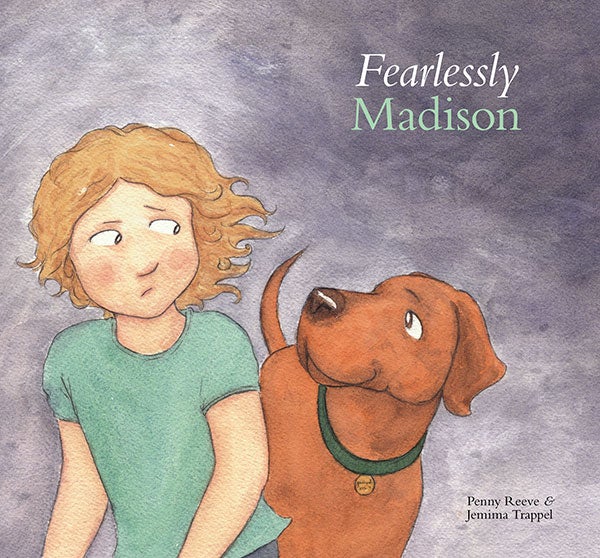
Fearlessly Madison
In this delightful new adventure, Madison learns that no matter what our circumstances might be, we need not be afraid; God is with us and he’s working in all things for our good.
For more articles from Growing Faith, subscribe to our monthly e-newsletter.
To hear about the latest books and resources from Youthworks Media, subscribe here.


